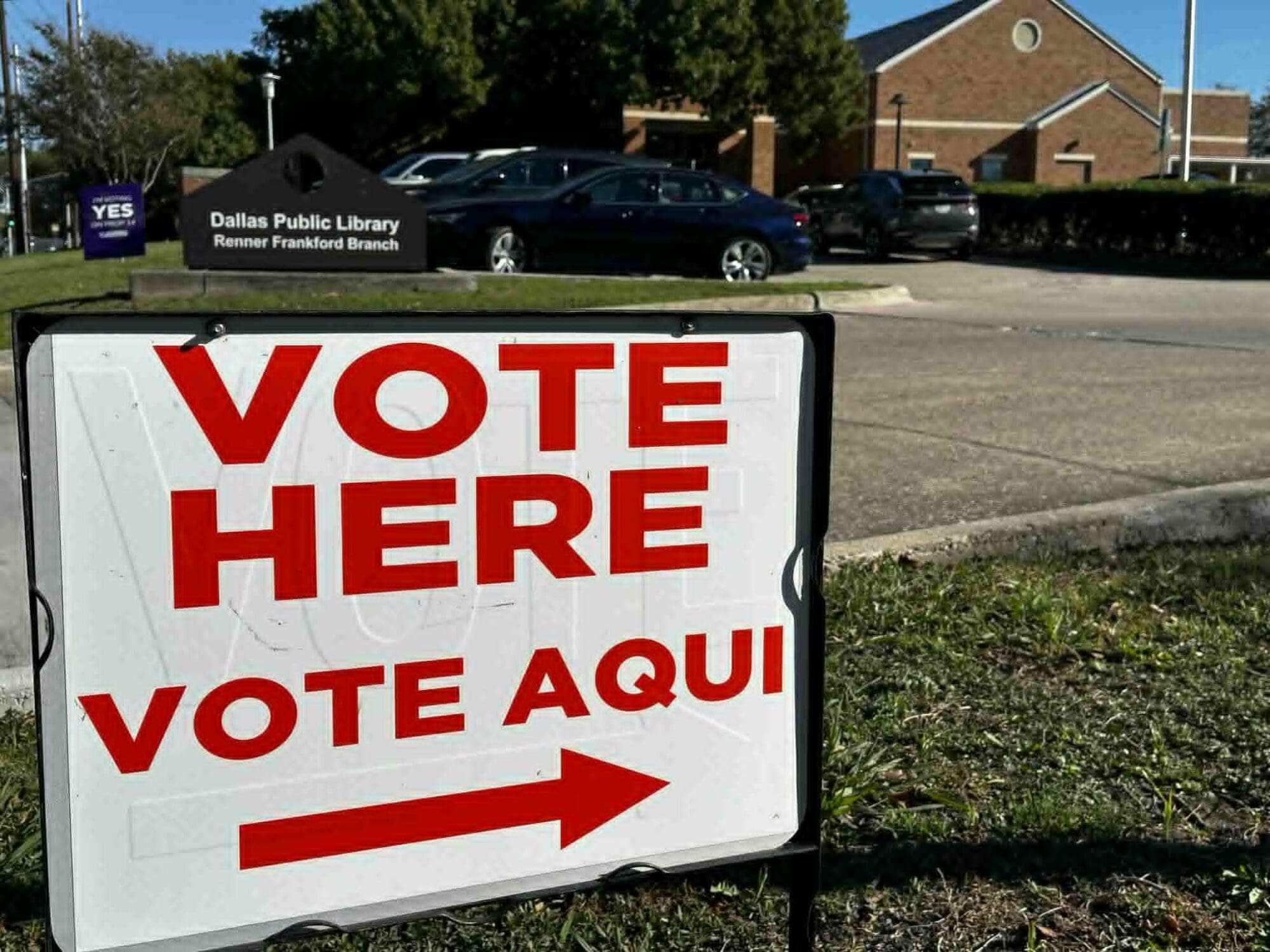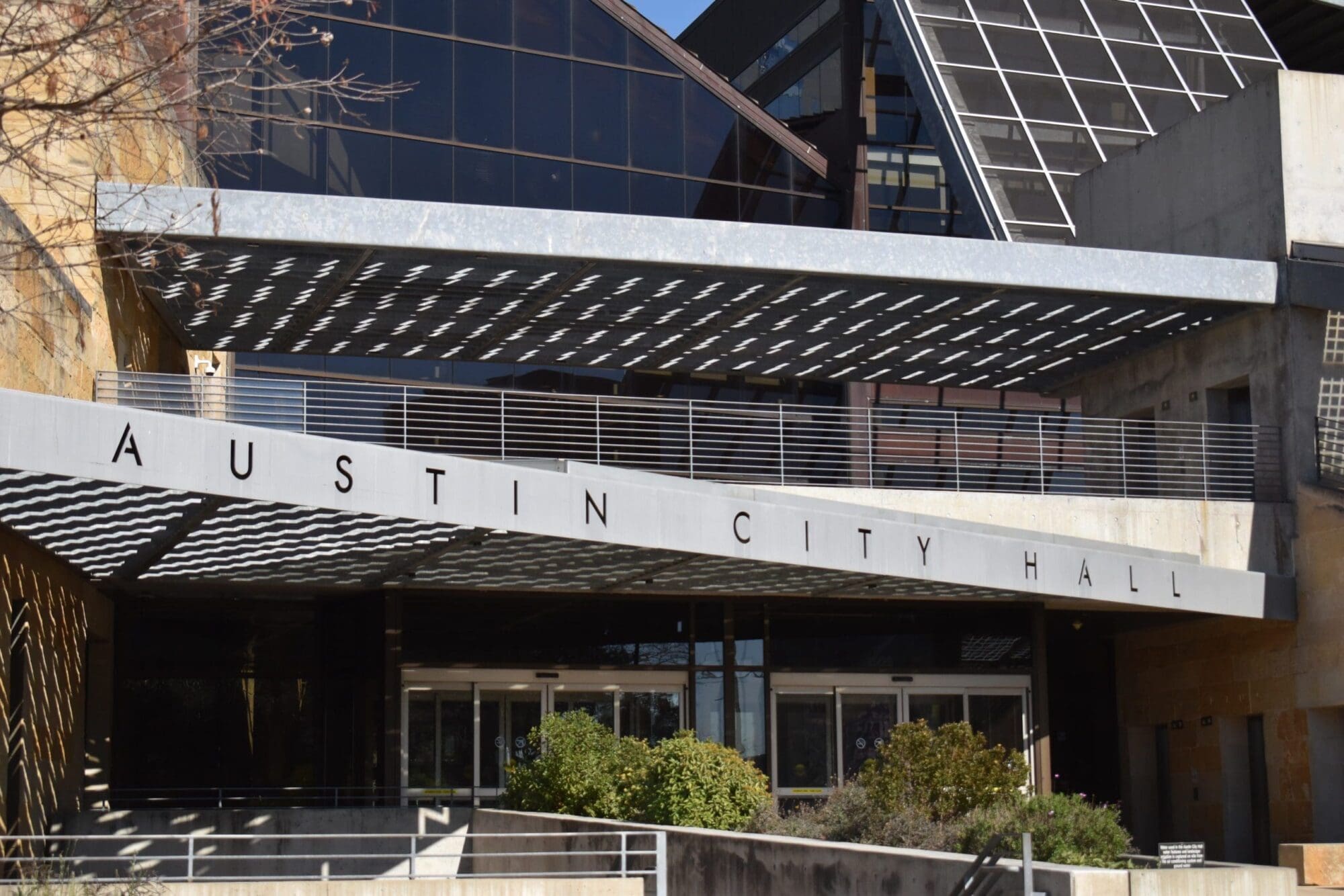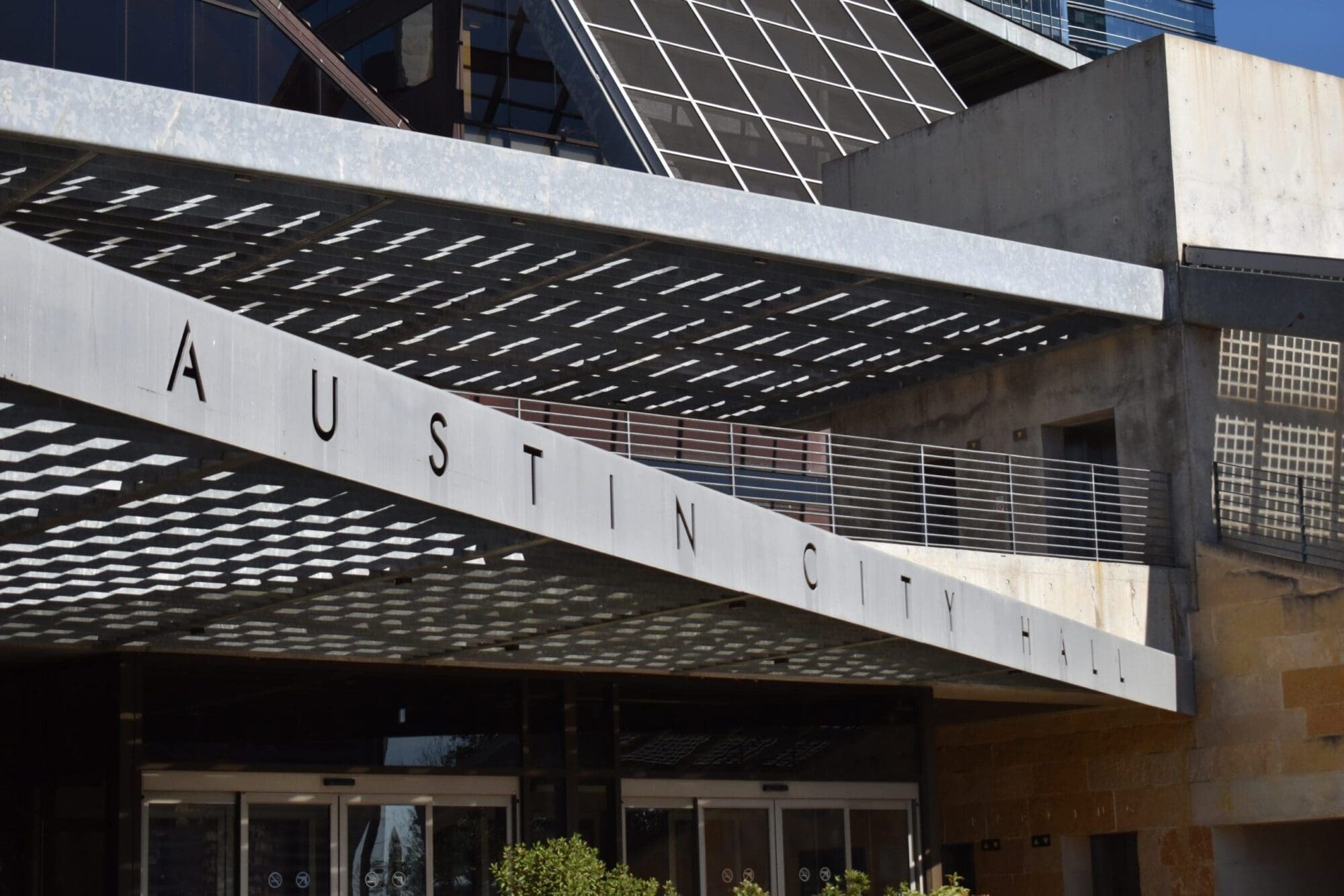The property tax reform legislation will improve the tax system so it better serves taxpayers, not local politicians. Perhaps this is why so many local officials are opposing it. By requiring voter approval for city, county, and school district tax hikes, Texans will take back more control over their tax bills.
Just a week after two identical property tax reform bills were filed in the Texas house and senate, known as House Bill 2 and Senate Bill 2, Gov. Greg Abbott named school finance and property tax reform among his top six “emergency items” during his State of the State address. And with all three of the state’s top elected officials—the governor, lieutenant governor, and new house speaker— finally in lockstep when it comes to tax reform, the likelihood of Abbott’s emergency items passing both chambers is higher than ever before.
HB2 and SB2 would allow local voters to weigh in on property tax hikes, which is a wildly popular reform, particularly with conservative-leaning Texans. More than 90 percent of Republican primary voters in 2018 supported a similar measure on the ballot.
Unlike a similar proposal pushed by Lt. Gov. Dan Patrick and Republican senators in 2017, the current proposal would also apply to school district taxes. The only Republican senator to oppose the 2017 version was State Sen. Kel Seliger (R–Amarillo).
The fact that voters would now have the ability to more strictly limit the growth of school district tax bills means the bill passing would have school finance implications. If passed, the state could end up being forced to pay a higher percentage of the overall education-funding burden.
The Republican Party of Texas, Abbott, Patrick, and Texas House Speaker Dennis Bonnen are backing the current 2.5 percent proposal. Conversely, many Democrat lawmakers and some local officials are joining the tax-funded government associations in opposing the bill. They are hailing it as the next “big government” takeover by the state; an assault on “local control.”
It raises the question: Whose “power” is really under assault?
According to SB 2’s author, State Sen. Paul Bettencourt (R–Houston), the proposal is designed to empower taxpayers, and has five mains goals.
(1) Lower the “rollback rate” from 8 percent to 2.5 percent for all taxing units that collect more than $15 million in combined property and sales tax revenues. All school districts would also face a 2.5 percent tax increase limit.</>
(2) Require automatic tax ratification elections in November if the rollback rate is exceeded. Local voters would need to approve a tax increase beyond 2.5 percent. Since the rollback limit excludes tax revenue from new properties, entities would still get new tax revenue from growth and economic development.
(3) Create a property tax administrative advisory board that recommends improvements to the effectiveness of the property tax system, including best practices and complaint resolution procedures.
(4) Make information about the tax rates proposed by local taxing units online with a “real-time tax rate notice” for taxpayers and defines easy to understand, “no new revenue tax rate” limits for the public.
(5) Reform appraisal process on ARB hearings, ARB votes, and requires all appraisal districts to follow appraisal manuals issued by the Texas Comptroller for better transparency, accountability, and consistency.
As outlined above, the bill would not provide actual property tax relief or prevent local governments from increasing taxes. It would simply require elected officials to explain to residents why a tax increase at 2.5 percent or more is justified, and for those residents to approve the hike at the ballot box.
Under current law, local governments can increase their tax levy by up to 8 percent on the existing tax base before residents can petition for a tax ratification election. Even then, the requirements involved in successfully filing a petition are abnormally burdensome.
This explains why Texans’ property taxes have increased on average by a whopping and unsustainable rate of over 6 percent annually, according to data provided by the Texas Comptroller. That means your property taxes double every twelve years. Meanwhile, population and price inflation have each increased by approximately 2 percent annually.
Not only would HB 2 and SB 2 give voters greater say over their property tax bill, it would reform the system to better serve the everyday person—not government officials. This is demonstrated through aspects of the bill that include making “tax language” easier to understand, requiring tax elections be held on the uniform election day in November to increase voter participation, and adding more accountability measures for appraisal boards.
When evaluating the property tax reform bills, it’s clear the power struggle is not between the state and local government as some may portray, but rather, it’s between local government and the residents they were elected to serve.




